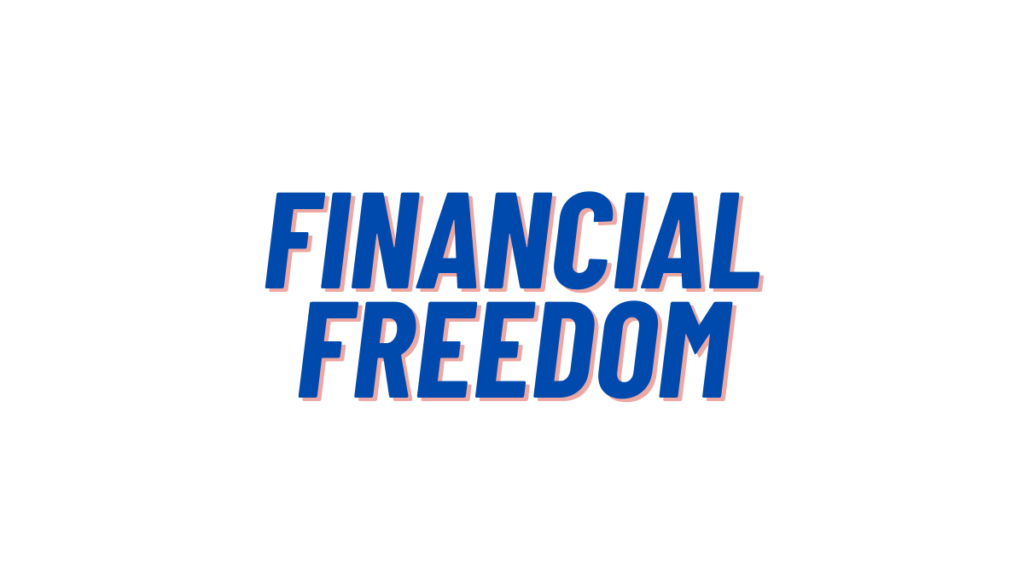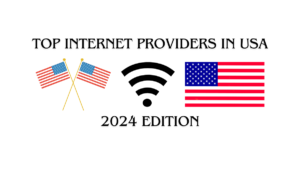
What is Financial Freedom A Detailed Overview on Financial Stability
Financial freedom is a term that often gets thrown around in discussions about personal finance and wealth building. But what does it really mean, and how can you achieve it? In this comprehensive guide, we’ll explore the concept of financial freedom in detail, discussing what it entails, why it’s important, and how you can work towards achieving it.
Table of Contents:
Understanding Financial Freedom
Defining Financial Freedom
Financial freedom, simply put, is the ability to live life on your own terms without being constrained by financial worries. It means having the financial resources and flexibility to make choices and pursue your goals and dreams without the constant stress of money. While financial freedom may look different for each person, it generally involves:
- Freedom from Debt: Being debt-free or having manageable debt that doesn’t overwhelm your finances.
- Savings and Investments: Having a substantial savings cushion and investments that generate passive income.
- Control Over Expenses: Being in control of your spending and living within your means.
- Multiple Income Streams: Diversifying your income sources to reduce dependence on a single job or business.
- Emergency Fund: Having an emergency fund to cover unexpected expenses.
- Retirement Planning: Planning for a secure and comfortable retirement.
Why Is Financial Freedom Important?
Financial freedom is important for several reasons:
- Reduced Stress: Financial worries can take a toll on your physical and mental well-being. Achieving financial freedom can significantly reduce stress and anxiety.
- Freedom to Pursue Dreams: It enables you to pursue your passions, travel, start a business, or engage in activities you love without financial constraints.
- Security: Financial freedom provides a safety net in times of crisis, such as medical emergencies or economic downturns.
- Generational Wealth: It allows you to build and pass on wealth to future generations, providing opportunities and security for your family.
- Retirement Comfort: Financial freedom ensures a comfortable and worry-free retirement.
The Path to Financial Freedom
Now that we’ve defined financial freedom and discussed its importance, let’s delve into the steps you can take to achieve it.
1. Set Clear Financial Goals
The first step towards financial freedom is setting clear, achievable financial goals. Your goals could include paying off debt, building an emergency fund, saving for a home, or planning for retirement. Having specific goals helps you stay focused and motivated.
2. Create a Budget
A budget is a crucial tool for managing your finances. It helps you track your income and expenses, identify areas where you can cut costs, and allocate funds towards your financial goals. Creating and sticking to a budget is essential for achieving financial freedom.
3. Reduce and Eliminate Debt
Debt can be a significant obstacle to financial freedom. Start by paying off high-interest debts, such as credit card balances, as quickly as possible. Then, work on paying down other debts, like student loans and mortgages. The sooner you eliminate debt, the more freedom you’ll have.
4. Build an Emergency Fund
An emergency fund is a savings account that covers unexpected expenses like medical bills or car repairs. Aim to save at least three to six months’ worth of living expenses in your emergency fund. This financial cushion provides peace of mind and prevents you from going into debt during emergencies.
5. Invest Wisely
Investing is a key component of building wealth and achieving financial freedom. Consider various investment options such as stocks, bonds, real estate, and retirement accounts like 401(k)s and IRAs. Diversify your investments to spread risk and maximize returns over time.
6. Create Multiple Income Streams
Relying solely on one source of income can be risky. Consider creating multiple income streams, such as a side business, rental properties, or investments that generate passive income. Diversifying your income can increase your financial stability.
7. Plan for Retirement
Saving for retirement is a long-term goal that shouldn’t be overlooked. Contribute regularly to retirement accounts, take advantage of employer-sponsored plans, and consider consulting a financial advisor to ensure you’re on track for a comfortable retirement.
8. Continuously Educate Yourself
Financial literacy is essential for making informed financial decisions. Continuously educate yourself about personal finance, investments, and money management. Books, online courses, and financial advisors can all be valuable resources.
Challenges on the Road to Financial Freedom
While the path to financial freedom is clear, it’s not without its challenges. Here are some common obstacles and how to overcome them:
1. Lifestyle Inflation
As your income increases, it’s easy to succumb to lifestyle inflation, where you spend more as you earn more. To avoid this, maintain a frugal mindset and prioritize saving and investing over extravagant spending.
2. Impulse Spending
Impulse spending can derail your financial goals. Implement strategies like setting a spending limit, using cash instead of credit cards, and avoiding emotional purchases to curb impulsive spending.
3. Lack of Financial Discipline
Consistency and discipline are key to financial success. Stick to your budget, make regular contributions to your savings and investment accounts, and avoid withdrawing from your emergency fund for non-emergencies.
4. Market Volatility
Investments come with risks, and market volatility can lead to fluctuations in your portfolio’s value. Stay focused on your long-term goals, avoid panic selling during market downturns, and consider a diversified investment strategy to mitigate risk.
5. Lack of Patience
Financial freedom takes time to achieve. Be patient and stay committed to your financial plan, even when progress seems slow. The long-term benefits are worth the effort.
Measuring Your Financial Freedom
To gauge your progress toward financial freedom, consider these key indicators:
- Net Worth: Your net worth is the difference between your assets (savings, investments, property) and your liabilities (debts). As your net worth grows, you’re moving closer to freedom.
- Emergency Fund: A fully funded emergency fund is a significant milestone. It provides a safety net, ensuring you can handle unexpected expenses without derailing your financial progress.
- Debt-to-Income Ratio: A lower debt-to-income ratio indicates reduced financial stress. Strive to lower your debt and increase your income over time.
- Investment Portfolio: Track the growth of your investment portfolio over time. Aim for steady, long-term growth by making informed investment choices.
- Retirement Savings: Regularly review your retirement accounts to ensure you’re on track to meet your retirement goals.
Maintaining Financial Freedom
Achieving financial freedom is a significant accomplishment, but it’s essential to maintain it once you get there. Here are some tips for sustaining freedom:
- Review Your Finances Regularly: Continuously monitor your income, expenses, and investments to ensure you’re staying on track.
- Adjust Your Goals: As your life circumstances change, you may need to adjust your financial goals and strategies. Be flexible and adapt to new challenges and opportunities.
- Continue Learning: Financial markets and strategies evolve over time. Stay informed and adapt to new financial knowledge and trends.
- Give Back: Once you’ve achieved freedom, consider using your resources to make a positive impact on your community or support causes you’re passionate about.

Conclusion:
Financial freedom is more than just a buzzword; it’s a meaningful goal that can bring peace, security, and the opportunity to pursue your dreams. By setting clear goals, creating a budget, reducing debt, and making wise financial decisions, you can embark on the journey towards Money freedom. Remember that it’s a journey that requires discipline, patience, and continuous learning, but the rewards are well worth the effort. So, take the first step today and start building your path to financial stability and freedom.





